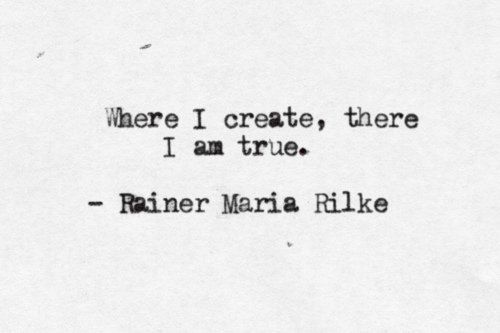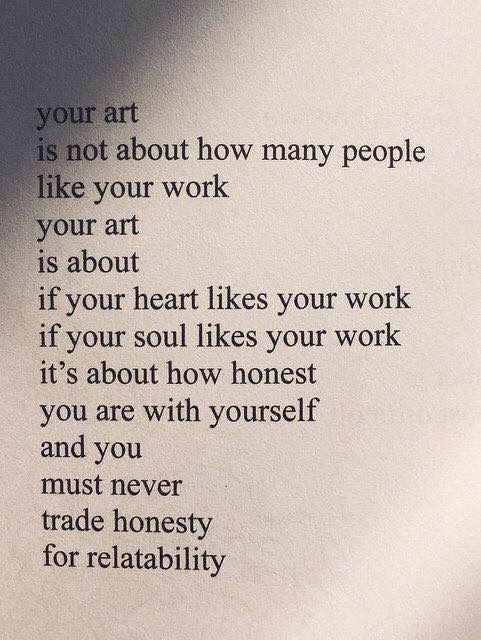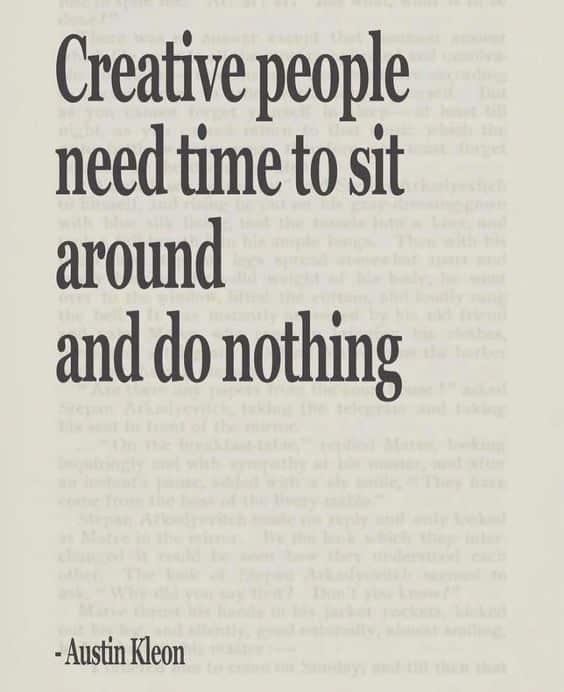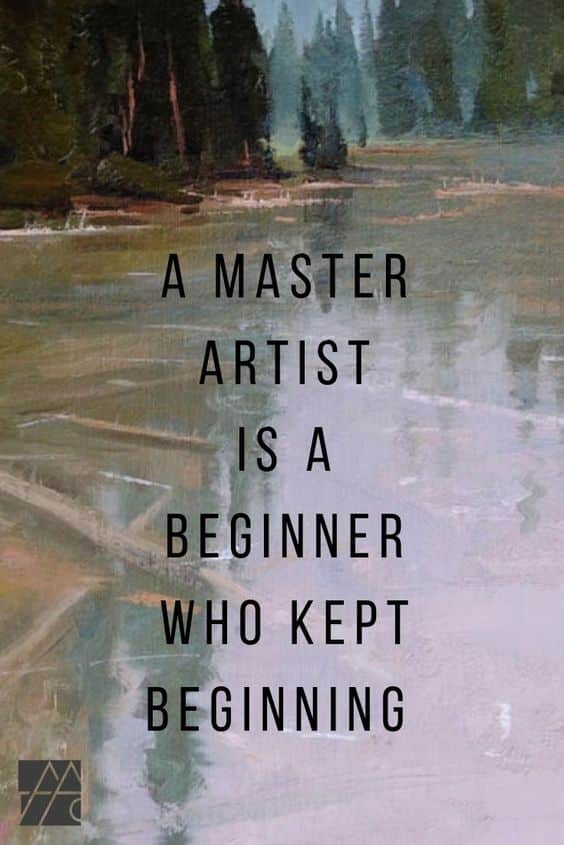“[Bruce Lee’s] answer to problems was to turn a stumbling block into a stepping stone. For instance, when he was confined to bed rest for six months because of a back injury, he used that opportunity to compile his training methods and his philosophical thoughts into several volumes.”
Linda Lee Cadwell, via Striking Thoughts (Page xvii)
“Make 3 Types of Content: Your audience is filled with people in different stages of familiarity with your brand and products. To speak to your cold, warm, and hot audience create content specifically for them. Cold audience: Showcase your expertise and help them solve problems. Warm audience: Explain what you do, who you serve, and how you’re different. Hot audience: Share proof that you’re awesome and give them a reason to buy now.”
Katelyn Bourgoin, Why We Buy (Email)
“Criticizing is easy and fast. Creating is difficult and slow. The two hours you spent on a book or movie usually took two years to produce. Anyone can tear down someone else’s work. The true test of insight is whether you can help them improve it or build something of your own.”
Adam Grant, Twitter
“The greatest impediment to creativity is your impatience, the almost inevitable desire to hurry up the process, express something, and make a splash.”
Robert Greene, The Daily Laws (Page 93)
“We all possess an inborn creative force that wants to become active. This is the gift of our Original Mind, which reveals such potential. The human mind is naturally creative, constantly looking to make associations and connections between things and ideas. It wants to explore, to discover new aspects of the world, and to invent. To express this creative force is our greatest desire, and the stifling of it the source of our misery.”
Robert Greene, The Daily Laws (Page 90)
“Make the world question whether or not there isn’t one of you but ten of you. Create. Create. Create. Create some more. If you’re young, when you’re young, sacrifice everything. Sacrifice love if you have to (because if it’s love it won’t get away). Sacrifice sleep. Sacrifice peace of mind. Sacrifice sorry looks from family members at the dinner table. Sacrifice your pride. Make ends meet through whatever means possible by day and once the light turns to darkness, follow your muse like a hound on the scent of some bloody, dying thing.”
Cole Schafer
“To an artist, rejection, at first, feels like death. That’s how personal the work is. And that’s why we’re afraid to do the work. Because then we have to show it. And then they might reject it. But rejection is only a death if you let it stop you from doing the work the next day.”
Brian Koppelman, Twitter
“The truth is that creative activity is one that involves the entire self—our emotions, our levels of energy, our characters, and our minds. To make a discovery, to invent something that connects with the public, to fashion a work of art that is meaningful, inevitably requires time and effort. This often entails years of experimentation, various setbacks and failures, and the need to maintain a high level of focus. You must have patience and faith that what you are doing will yield something important.”
Robert Greene, The Daily Laws (Page 29)
“There’s a better cause right around the corner. It might not work. You’ll never be able to keep all the promises. It can’t last forever. We’re all going to die. It’s not perfect. Someone might steal your idea. There will be critics. You’re not ready. Someone else is going to do it. It’s not that important. It might not work. On the other hand… Now is better than later, and perfect is an illusion. Act as if. Simply begin. Make things better by making better things. You can always improve it later.”
Seth Godin, Blog
“Being an artist is not for the faint of heart. It involves a lot of risk-taking, a lot of bravery, and a lot of not subscribing nor giving a fuck about what others think. We dance around uncertainties, the unknown, and the extraordinary every single day. But we live our lives based on a feeling, a vision, some voice telling us to paint it, write it, draw it, tell it, dance it, act it. We make worlds so others can see, tell stories so others can learn how to speak, dance and make music so people can learn how to hear, capture moments so people can see the unseen, paint colors and share emotions so people can learn how to express, create alternate universes so people can wake up to all the possibilities they haven’t afforded for themselves. Don’t go into the arts, they’ll say. But without creativity and art – the living are just walking half dead.”
Stephanie Dandan, Blog
“It is always what is under pressure in us, especially under pressure of concealment—that explodes in poetry.”
Adrienne Rich, Between Two Kingdoms (Page 115)
A Short Story About Frida Kahlo And The Unexpected Gifts Pain Can Provide [Excerpt]
Excerpt: Pain is inevitable. How we channel pain, however, is a choice. This short story about Frida Kahlo will show you the gifts pain can provide.
Read More »A Short Story About Frida Kahlo And The Unexpected Gifts Pain Can Provide [Excerpt]
“Art is the method of levitation, in order to separate one’s self from enslavement by the earth.”
Anaïs Nin, via Sunbeams (Page 137)
“Artistic growth is, more than it is anything else, a refining of the sense of truthfulness. The stupid believe that to be truthful is easy; only the artist, the great artist, knows how difficult it is.”
Willa Cather, via Sunbeams (Page 135)
“It is more worthy in the eyes of God… if a writer makes three pages sharp and funny about the lives of geese than to make three hundred fat and flabby about God or the American people.”
Garrison Keillor, via Sunbeams (Page 134)
“Over the years, I’ve learned that the first idea you have is irrelevant. It’s just a catalyst for you to get started. Then you figure out what’s wrong with it and you go through phases of denial, panic, regret. And then you finally have a better idea and the second idea is always the important one.”
Arthur van Hoff, Founders at Work




![A Short Story About Frida Kahlo And The Unexpected Gifts Pain Can Provide [Excerpt]](https://movemequotes.com/wp-content/uploads/2021/11/Frida-Kahlo-930x620.jpeg)